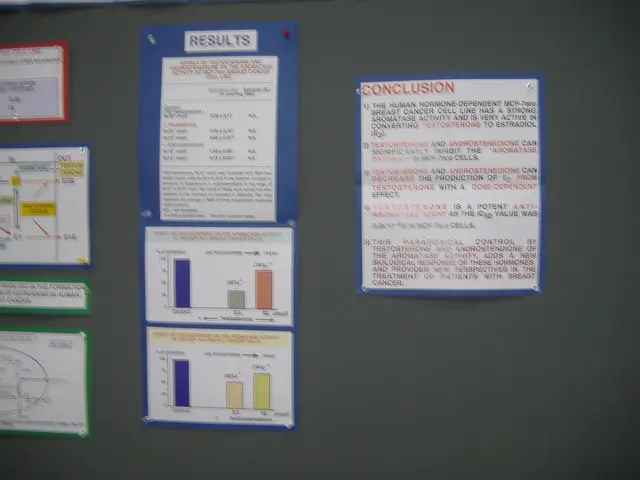Questions and Answers for an Interview on Post-Quantum Cryptography Architecture
Here are the revised and restructured interview questions for a post-quantum cryptography architect position, incorporating enrichment data where relevant:
General Questions
- What is post-quantum cryptography, and why is it necessary?
- Assesses understanding of the need for post-quantum cryptography due to quantum computing's potential impact on current encryption methods.
- How do quantum computers affect current encryption methods, and how would post-quantum cryptography address these issues?
- Evaluates knowledge of quantum computing's impact on traditional cryptography and the role of post-quantum cryptography in mitigation.
- What are the main post-quantum cryptographic standards or algorithms, and what makes them quantum-resistant?
- Tests knowledge of specific post-quantum cryptographic techniques like lattice-based cryptography, hash-based signatures, etc., and their quantum-resistant properties.
Technical Questions
- How do you plan to implement a post-quantum key exchange in a current infrastructure, ensuring minimal disruption to ongoing operations?
- Assesses practical skills in designing and deploying post-quantum cryptographic protocols in existing systems, prioritizing operational efficiency.
- What challenges do you anticipate when migrating to post-quantum cryptography, and how would you address them? Provide examples if possible.
- Evaluates understanding of the practical challenges of migrating to post-quantum cryptography and the ability to develop effective solutions.
- How would you ensure compatibility between post-quantum cryptography and existing security standards and frameworks, primarily NIST’s Post-Quantum Cryptography (PQC) standard?
- Tests knowledge of regulatory requirements, with a focus on NIST's PQC standard, and the ability to design compliant solutions.
System Integration and Management
- How would you integrate post-quantum cryptography with cloud services like AWS or Azure, while minimizing additional costs and optimizing performance?
- Assesses the ability to integrate post-quantum cryptography with cloud environments, prioritizing cost-effectiveness and performance.
- What tools and techniques would you use to automate certificate and key management in a post-quantum context, and how would this streamline system maintenance and reduce the risk of errors?
- Tests familiarity with automation tools like PowerShell, Python, or others, for managing cryptographic certificates and keys efficiently.
Strategic and Operational Questions
- How would you collaborate with architecture teams to future-proof cryptographic systems for post-quantum threats?
- Evaluates the ability to work collaboratively with cross-functional teams, designing and implementing secure systems that resist quantum attacks.
- How would you advise the organization to respond to security incidents related to quantum-enabled threat vectors? Provide an example of an incident response strategy for a potential post-quantum threat.
- Assesses preparedness in handling security incidents in a post-quantum threat environment, requiring strategic and operational expertise.
These revised questions provide a more engaging and effective interview process for evaluating the candidate's technical, strategic, and operational ability in the field of post-quantum cryptography.
- When discussing the integration of post-quantum cryptography with software development projects, how would you code quantum-resistant solutions that balance security, performance, and minimal disruption to existing systems?
- In the context of technology and cybersecurity, how do you envision expanding your software development skills to incorporate the growing field of post-quantum cryptography for the secure transmission of sensitive data?







